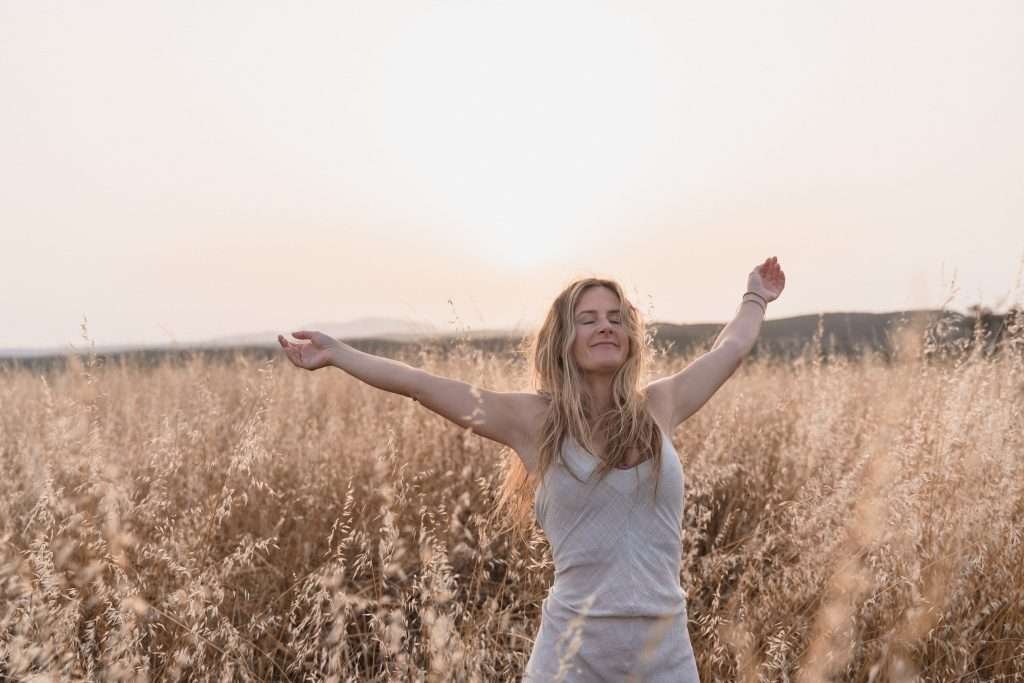The tourism industry should view this market opportunity as a way to cater for the needs and preferences of the senior traveller. If we take into consideration official data from Eurostat (2019), tourists aged 65 or over accounted for nearly 1 in 4 tourism nights for private purposes spent by EU residents in 2019. Whilst people aged 55 or over accounted for 41% and more than half of European residents aged 65+ did not participate in tourism in 2019, compared with 30 % of people aged 15-64. So why should we target the senior tourism market?
1st Dimension – Health and Well-Being:
Travel has been shown to have numerous health benefits for seniors. It can help improve physical and mental well-being, reduce stress, and combat loneliness. Senior tourism provides opportunities for older individuals to stay active, engaged, and socially connected, leading to a better quality of life.
2ndDimension– Economic Impact:
Senior travellers often have more disposable income and time for leisure travel. They can contribute significantly to the tourism economy by spending on accommodations, dining, transportation, and various activities. This can boost local and national economies, creating jobs generating revenue and focusing on the local culture and products.
3rd Dimension – Cultural Exchange:
Senior travellers often have a strong interest in cultural experiences, history, and heritage. By promoting senior tourism, destinations can encourage cultural exchange and understanding among generations. This can lead to more inclusive and enriching travel experiences for both seniors and the local community.
4th Dimension – Sustainable Tourism:
Seniors often seek slower-paced, more sustainable travel experiences, such as eco-tourism, cultural immersion, and nature-based activities. This aligns with the growing trend of responsible and sustainable tourism practices.
5th Dimension – Investment in Infrastructure:
The growth of senior tourism can drive investments in infrastructure and services that cater to the specific needs of older travellers, such as age-friendly accommodations, accessible transportation, and medical facilities.
The development of this niche market (Senior Tourism), is essential for tapping into the new economic potential of an ageing population in Europe and America, promoting an inclusive tourism and accessible to people who are enjoying their retirement plan. This will also help seasonal and off-peak periods align with the industry’s needs to reduce seasonality ( case study: Madeira – Island), helping the destinations have a more distributed tourism income throughout the year.
The benefits of tourism have been included in many ageing and health studies in the world and the implications on the physical and mental wellbeing of these senior travellers. These are being recognised as important not only to the economy but also as a way to reduce the impact on the national health system of each country. According to the Fortune Business Insights (2022), the global medical tourism market is projected to grow from $13.98 billion in 2021 to $53.51 billion in 2028 at a CAGR of 21.1% in forecast period, 2021-2028(period).
Are we in the perfect timing to “surf the wave” and develop a tourism and health cluster in Portugal?
Of course, we have good signs of private investment, aligning their strategies with the tourism industry to highlight the possibilities of having small surgeries and recovering from a few days in the destination. We mustn’t forget that our climate helps in the recovery process and our medical facilities and professionals are some of the best in the world.
The public strategy and the private sector should reinforce the plan with the medical sector to improve and develop a cluster with high value to the tourism industry and the health and medical sector. It’s not too late to start developing a niche that represents billions of Euros/Dollars, we just need to analyse what some competitors are doing such as Greece and Turkey. The future of tourism needs to be more inclusive with ‘thinking out of the box’ strategies and plans for healthier and better tourism in the world.










